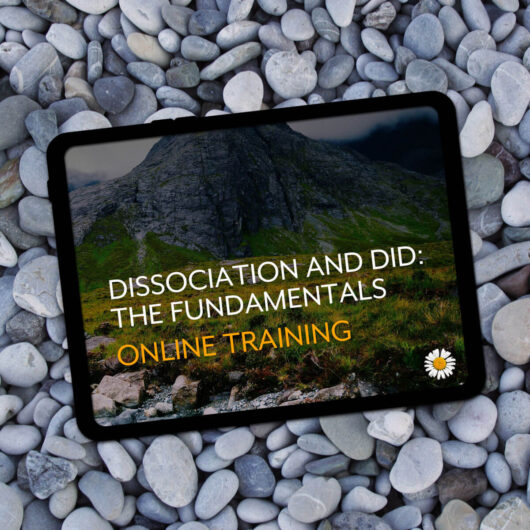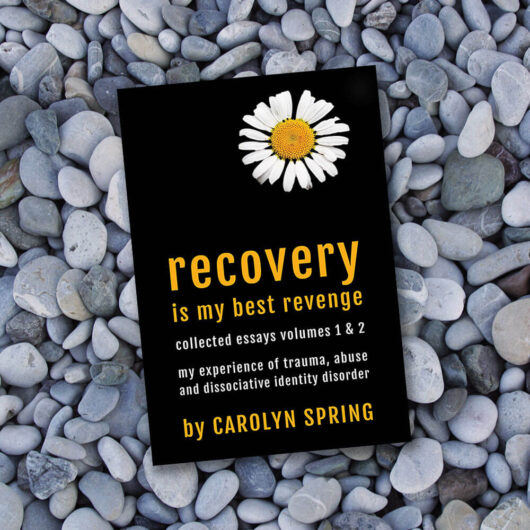Triggers are reminders, conscious or unconscious, of traumatic events from the past. They can be overwhelming, debilitating, disabling – but they can also be guides as to what still needs to be processed. In this extended article, I explore the neuroscience of triggers and provides insights into not just what goes on in the brain when we are triggered, but crucially what we can do about it.
Triggers are reminders, conscious or unconscious, of traumatic events from the past. They can be overwhelming, debilitating, disabling – but they can also be guides as to what still needs to be processed. In this extended article, I explore the neuroscience of triggers and provides insights into not just what goes on in the brain when we are triggered, but crucially what we can do about it.
Topics covered include:
- How does beating ourselves up for being triggered actually re-trigger us?
- How can we avoid orchestrating our entire life around simply avoiding triggers?
- What is the point and purpose of triggers? Are they always negative, or are they trying in some way to help us?
- What is the connection between flashbacks and triggers?
- If triggers are messengers, then what is the message?
- How do we identify triggers?
- What are the key differences between the front brain and the back brain and what relevance does this have to do with being triggered?
- What is the brain’s ‘smoke alarm’ and what role does it play in triggers?
- Why does the brain’s ‘librarian’ go offline during trauma?
- What is Broca’s area and why does it make trauma wordless?
- How do triggers reinforce the powerlessness of trauma?
- Which three parts of the front brain need to be brought back online when we are triggered, and how do we do that?


